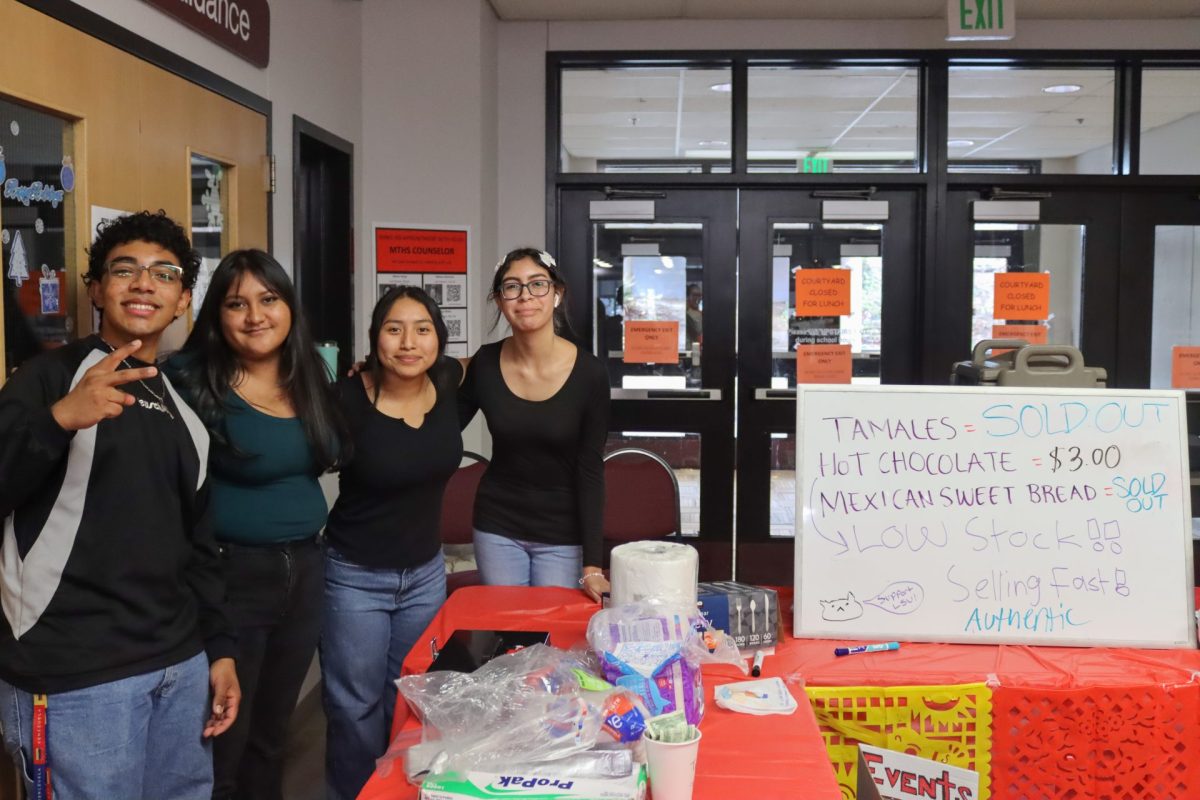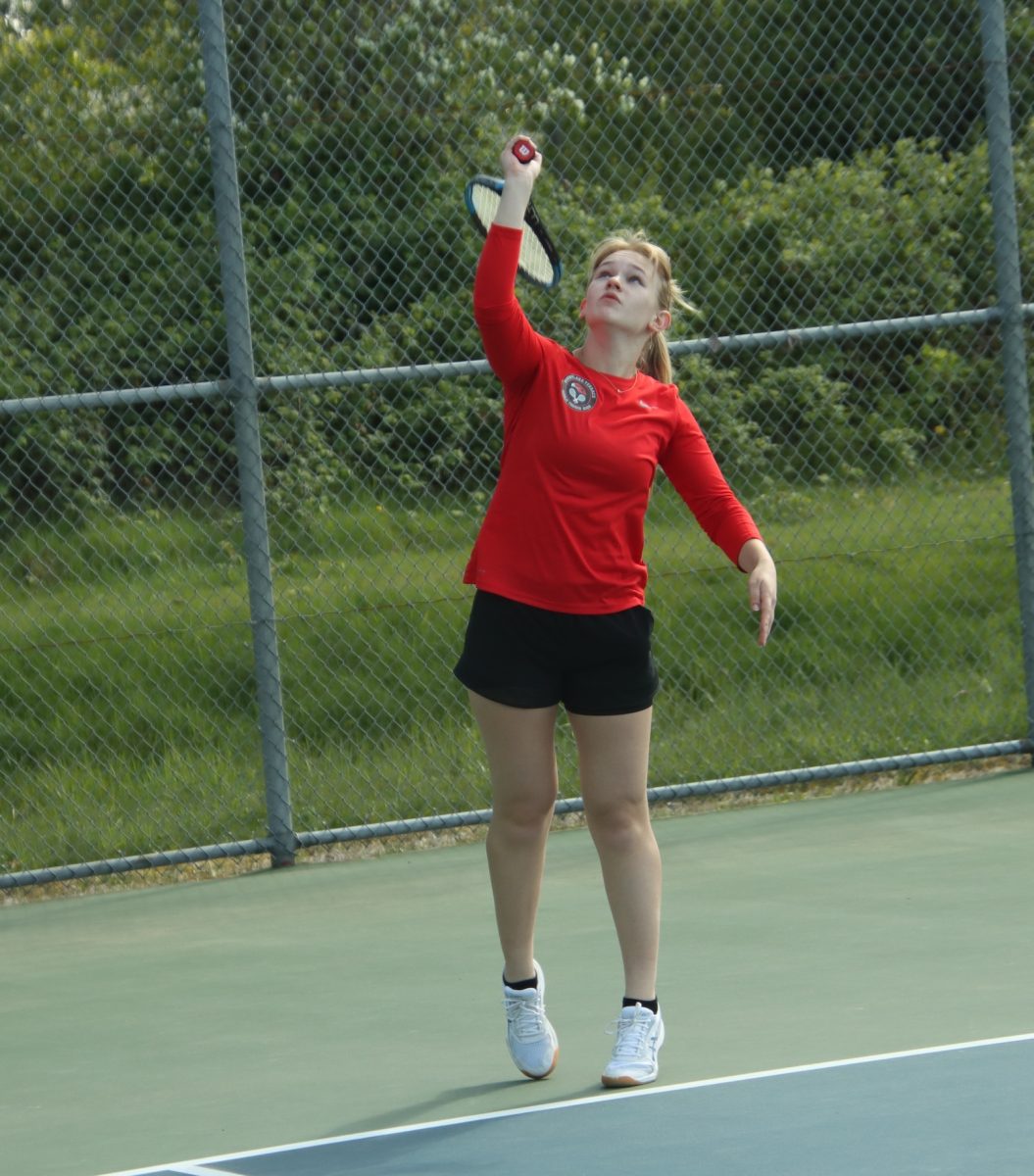English has been, in some form, around since the fifth century B.C., according to Merriam Webster, and is crucial to every aspect of the United States of America.
English, along with math, social studies and science, are the core classes of the high school curriculum, meaning that those subjects are typically included in all four years of a high school career.
“I think [English] is a core class just because communication and the ability to access information and utilize it effectively are the most important things that you are going to learn in school,” English teacher Jennifer Widrig-Hodges said. “It’s what employers want. It’s what colleges want.”
Fellow English teacher Peter White took his answer straight out of the College Board Advanced Placement (AP) Guide.
“[The College Board] basically says that ideally, [English class] equips students to conduct academically sound inquiry and argumentation and prepares citizens to participate in responsible Democratic decision making,” White said. “I think that’s [the reason] at its absolute core. Being able to evaluate various positions and options and come to a solution and then support your solution with solid evidence and reasoning is really what we need in this country right now.”
It’s no surprise that one of the most common things a student says is, “when am I ever going to use this in life?” What makes English special is how valuable everything in the curriculum is to the student.
“You will use [English] every single day in your life,” Widrig-Hodges said. “[English helps] you become a better communicator, and have better thinking skills. You’ll be able to analyze what you’re saying and hearing, and understanding not only the obvious message but also the nuances, subtleties, biases and all the different layers of communication that we have in our culture. You get that from writing an essay, from reading a book, from writing a persuasive speech, and all the other things we do in English.”
For these teachers, it’s all about serving the students and making sure that they walk away with the lessons and skills that they need for to be successful in their life.
“I’ve worked in several departments. The English department at this school is unique because of the staff,” Widrig-Hodges said. “The staff here in the English department here are so bright, so talented, so compassionate, and work so hard to make sure that the students get the most out of their classes.”
MTHS provides students right from the get go with a wide variety of different classes that each has unique environments. A student has a choice of regular English, Honors or Advanced Placement (AP), or a block class that combines both social studies and English.
White said that there are advantages and disadvantages to each. One consistent advantage is that teachers offer “a wide variety of approaches to teaching English” and that helps students learn all different types of writing and communicating. Because of the subjective nature of English, the disadvantage may be the lack of transparency across the board as to what an ‘A’ grade means. The English department is implementing a new curriculum that is called Collections in order to fight just that. As White said, it helps “even the playing field.”
Throughout the rigorous nine month school year, students will have their fair share of struggles in most classes.
Widrig-Hodges said that there are a variety of things that she can do to help struggling students. She finds out what they’re struggling with, whether it’s the content or if it’s something else, and then if she can do something to help them, she will.
She said that she strives to make more one-on-one connections whether it’s in PASS class, after class or even over email in order to help her students.
Last year marked the end of a marvelous teaching career, White said. Former AP Language and Composition teacher Gaynelle Derr ended her long teaching tenure at MTHS and officially retired.
With her retirement came a big shift in the department. White, the former sophomore English teacher, will now fill her shoes and become the new AP Language and Composition teacher.
“I suppose the biggest challenge will be learning the AP curriculum,” White said. “What the goals are, how those goals are achieved, and how to find a system that works with the amount of students that we have, that’s going to be the biggest challenge.”





